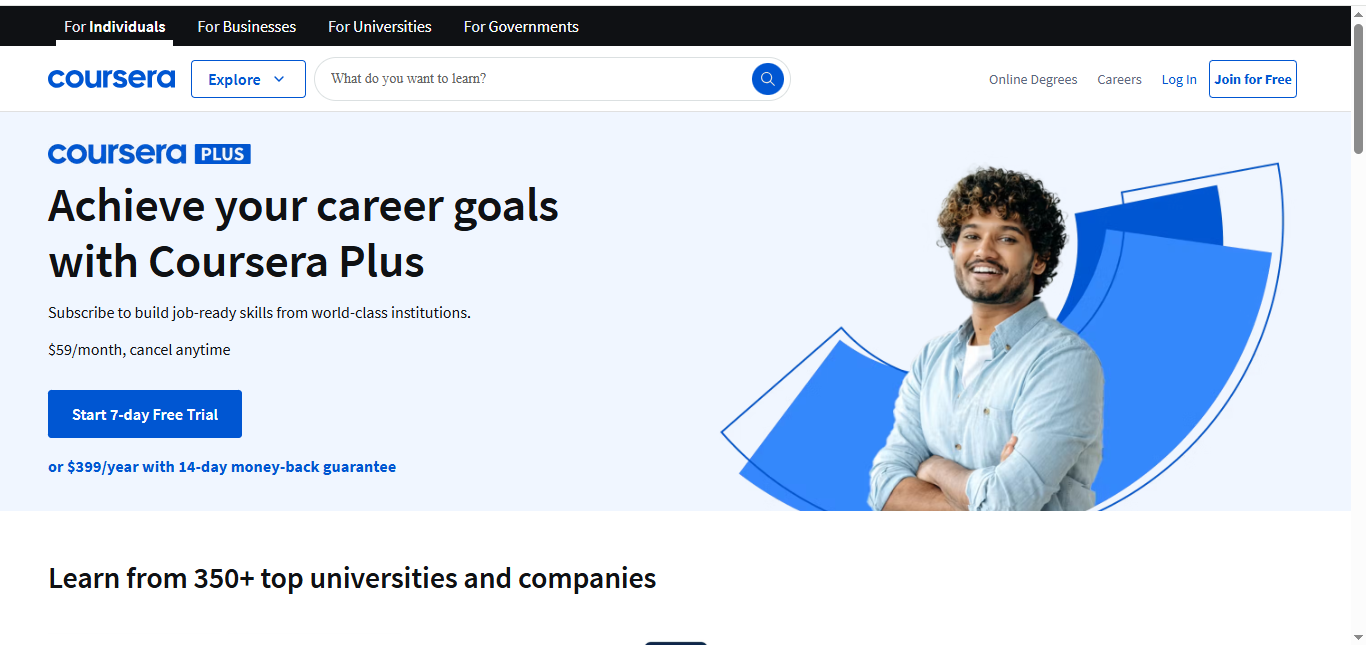Productive Things to Do with Free Time at Work | Boost Efficiency & Growth

Maximize your downtime at work with productive activities! Learn how to enhance your skills, organize tasks, and build professional relationships during free time.
Every job comes with moments of downtime—whether it is waiting for a meeting, finishing a task ahead of schedule, or simply having a slow workday. Instead of idly scrolling through social media, why not use this free time to boost productivity, develop new skills, or improve workplace efficiency?
In this article, we’ll explore practical and productive ways to make the most of your free time at work, ensuring personal growth and professional advancement.
Organize Your Workspace and Digital Files
A cluttered workspace leads to a cluttered mind. Use your free time to:
- Declutter your desk – Remove unnecessary papers, organize office supplies, and clean up your workspace.
- Sort digital files – Organize your desktop, delete redundant files, and properly name important documents for easy access.
- Clear out your email inbox – Unsubscribe from irrelevant newsletters, categorize emails into folders, and respond to pending messages.
- Update software and tools – Ensure your work applications and tools are up to date for optimal efficiency.
A well-organized workspace leads to improved focus and a stress-free work environment.
Learn a New Skill or Improve an Existing One
Professional development should never stop. Utilize downtime to enhance your skills:
- Take an online course – Platforms like Coursera, Udemy, and LinkedIn Learning offer short courses on various topics.

- Read industry-related articles – Stay updated with trends, research, and expert insights.
- Practice technical skills – If your job involves software, design, writing, or analytics, take time to refine those abilities.
- Enhance soft skills – Communication, leadership, and problem-solving skills can be improved by reading books or watching insightful TED Talks.
Investing in yourself ensures long-term career growth and adaptability.

Network and Strengthen Professional Relationships
Building relationships at work fosters a better work environment and opens doors for new opportunities:
- Engage in meaningful conversations – Connect with colleagues, share ideas, and build rapport.
- Schedule coffee chats or lunches – Strengthen professional relationships by engaging with team members informally.
- Reach out to industry peers on LinkedIn – Send connection requests, engage in discussions, or participate in professional groups.
- Mentor or be mentored – Offer guidance to junior employees or seek advice from experienced professionals.
Strong professional networks can lead to mentorship opportunities and career advancements.
Plan and Prioritize Tasks Efficiently
Effective time management is key to productivity. Use your downtime to:
- Review your to-do list – Assess your priorities and organize them based on urgency and importance.
- Set clear goals – Break large tasks into smaller, actionable steps to improve efficiency.
- Prepare for upcoming meetings – Review agendas, research topics, and jot down key discussion points.
- Automate repetitive tasks – Set up email templates, workflow automation, or task scheduling tools to save time in the future.
By planning ahead, you enhance work efficiency and reduce last-minute stress.
Engage in Creative Thinking and Problem-Solving
Innovation often stems from creative thinking. Use your free time to:
- Brainstorm new ideas – Think of ways to improve processes, products, or services within your organization.
- Work on passion projects – If your company allows it, develop side projects that align with business goals.
- Analyze challenges – Reflect on work-related problems and come up with potential solutions.
- Sketch or journal ideas – Writing down thoughts can spark creativity and innovation.
Creativity fosters innovation, which can lead to career growth and business success.
Improve Your Health and Well-being
A productive mind requires a healthy body. Utilize free time to:
- Practice deep breathing or meditation – A few minutes of mindfulness can enhance focus and reduce stress.
- Stay hydrated and snack wisely – Drinking water and eating healthy snacks maintain energy levels.
- Fix your posture – Poor posture can lead to back pain; ensure your workspace ergonomics are correct.
- Get your body moving- Even at your desk, stretch, practice yoga, or work out if at home but when at work, you can walk around!
The excuse that you feel constrained in your office cubicle is not valid here because chair yoga does exist. Numerous fitness blogs and YouTube channels provide free information that can be accessed and followed from almost anywhere.
Your hips, shoulders, neck, and back can suffer greatly from hours of sitting on a desk chair, and working at a keyboard, but you won't regret taking the few minutes each day to break those bad habits. It's working regardless of how big or small the movements feel right now!
Taking care of your health boosts energy levels and overall productivity.
Contribute to Team or Company Growth
If you have extra time, consider ways to add value to your team or company:
- Assist coworkers with tasks – Offer help if someone is struggling with deadlines.
- Provide feedback on projects – Share constructive input to improve team efforts.
- Volunteer for additional responsibilities – Taking on small projects can showcase initiative and leadership skills.
- Research industry trends – Identifying emerging trends can help your company stay competitive.
Proactively contributing to the workplace enhances professional credibility and recognition.
Develop a Side Hustle or Passion Project (If Allowed)
If company policies permit, consider using free time to work on a side hustle:
- Start a blog – Share expertise on topics you’re passionate about.
- Create an online course – Teach skills you’ve mastered.
- Freelance or consult – Offer professional services in your field.
- Build a portfolio – Showcase past projects to attract future opportunities.
A side hustle can lead to additional income streams and personal fulfillment.
Accept your leisure time and turn it into "me time."
Anything that just makes you feel nice could be this. Your "me time" is valuable! Make good use of it. Consider "self-care" without being constrained by strict guidelines or criticism.
Whether you work on-site or from home, there is a genuine benefit to feeling good about yourself and how it affects your work ethic.
Put on a moisturizing facial mask, paint your nails, open a beverage on the terrace, or—hot take—just give yourself permission to be bored for a moment. Life might go very quickly, so give yourself permission to stop and do nothing since inspiration comes from boredom! After taking this break, come back to your work feeling renewed and invigorated.
Phone a Friend, Colleague, or Family Member
Staying connected with others is important, and a short phone call can be a great use of your free time. Whether it’s catching up with a friend, checking in on a family member, or touching base with a colleague, a quick conversation can provide a mental refresh. This can help strengthen personal and professional relationships, reduce stress, and even spark new ideas. Additionally, discussing work-related matters with a colleague might lead to problem-solving or collaborative opportunities. Just be mindful of work policies and ensure the call is brief and purposeful.
Conclusion
Free time at work doesn’t have to be wasted—it’s a golden opportunity for productivity, growth, and self-improvement. Whether it’s organizing your tasks, learning new skills, networking, or brainstorming creative solutions, every small action can contribute to your professional success.
Instead of letting downtime go to waste, make it work for you!

